Articles
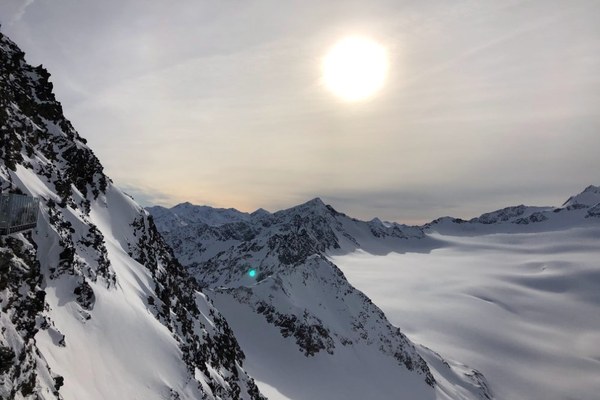
No glacier marriage in Tyrol
Finally it’s official: the plans for the world’s largest glacier ski area are history. In November 2022, the Tyrolean federal state government rejected the planned merger of the glacier ski areas in Austria’s Ötztal and Pitztal valleys.
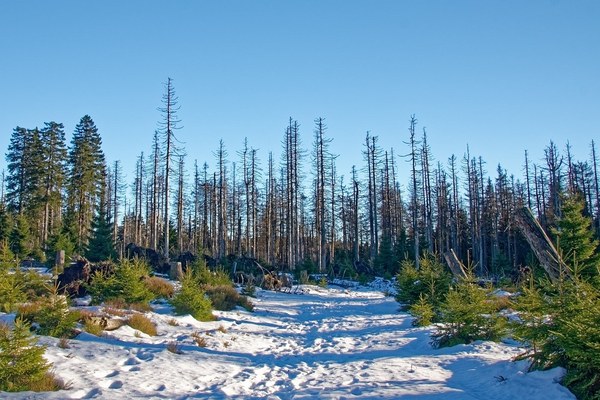
Mountain forests and climate change
The consequences of climate change are also becoming apparent in the forests of the Alps. In South Tyrol/I and East Tyrol/A this year has seen an explosive spread of pests. What looks like frightening devastation might present a long-term opportunity, however.
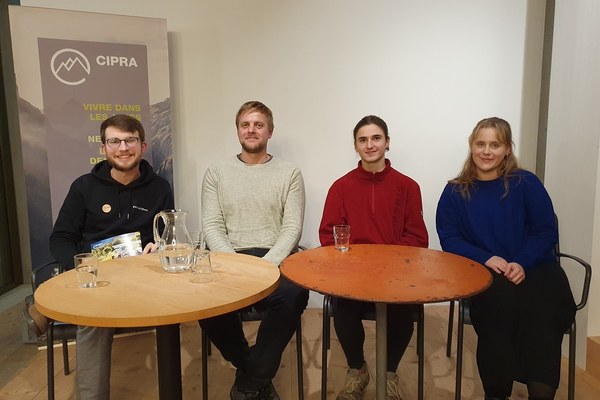
A stronger voice for young people
Young people want to bring about sustainable change, but politics and society are moving too slowly. At the launch of CIPRA International’s Erasmus+ project “Alpine Climate Camps”, young adults discussed their commitment to a sustainable world in Schaan/LI in January 2023.
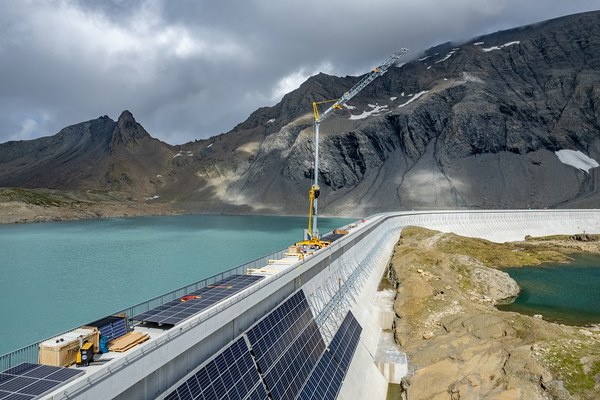
Unsuitable landscapes for energy production
The results of a recent survey from Switzerland are clear: no to energy production in almost unspoilt mountain areas. Intensively used areas around ski resorts or existing power plants would be better suited to the expansion of renewable energy.
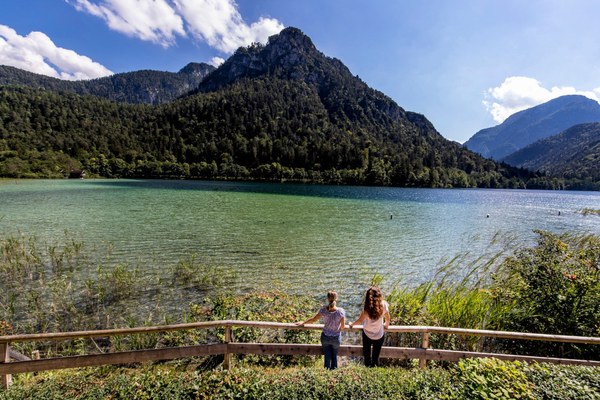
Visitor flows under control
More and more people are travelling to the mountains – and staying for shorter and shorter periods. This causes traffic and environmental problems. Pilot regions in Italy, Austria, Slovenia and Germany want to change that. With the speciAlps2 project, which is now coming to an end, they have taken the first steps to manage the flow of visitors.

Over the Alps on foot
In the summer of 2022, nine “Via Alpina Explorers” set out to hike the new red route of the Via Alpina. Three of them walked the route from start to finish, visiting all eight Alpine countries along the way – an undertaking that took four months.
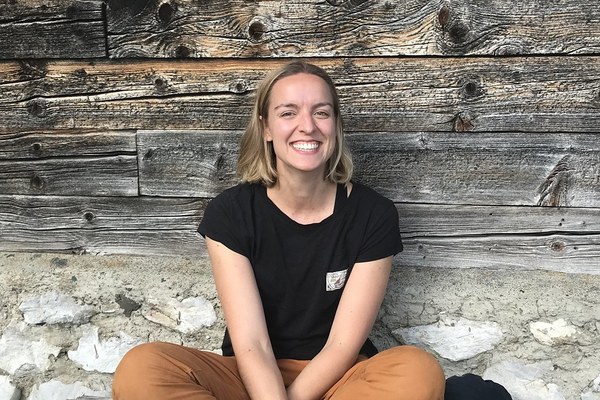
Point of view: We need more young people in the Alps
Ageing, emigration and dying villages are typical problems for many mountain regions. It must therefore become attractive for young people to live in the Alps again, says Kathrin Holstein, member of CIPRA’s Youth Council and staff member of the Alliance in the Alps network of municipalities.
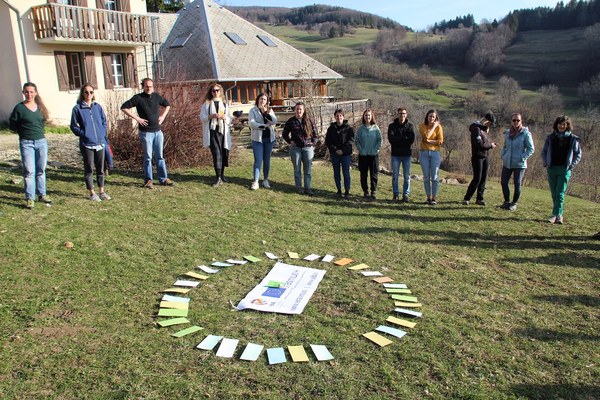
Young people in action for the Alps
Implement your own ideas locally, initiate sustainable change and discover personal resources: these are the achievements of the two Erasmus+ youth projects, Alps2030 and Re.sources, that ended in autumn 2022.
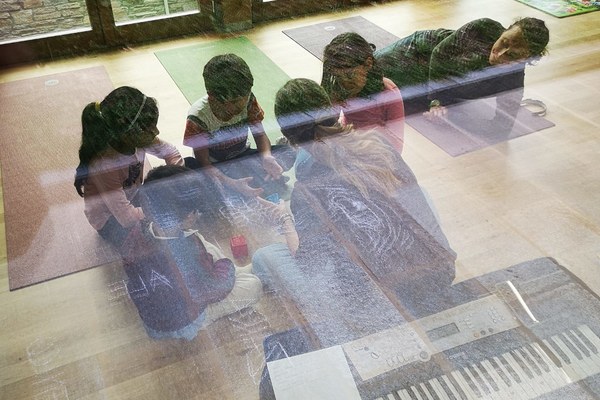
A kindergarten again after 50 years
A small mountain village is reviving: in the 1980s, Ostana/I had shrunk to fewer than ten inhabitants. A slow but steady turnaround then followed: an important step on this path is the newly reopened kindergarten.
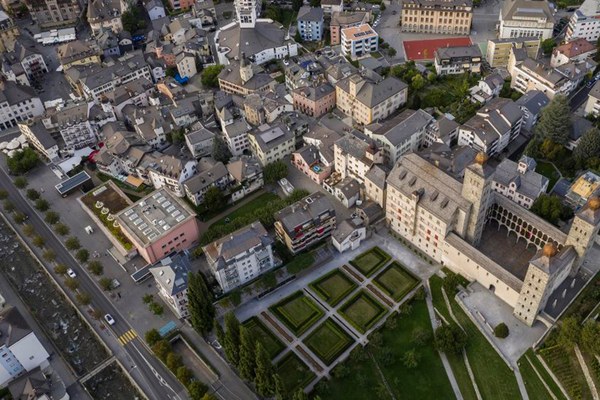
Alpine towns – key to sustainable development
The ninth Report on the State of the Alps, entitled “Alpine Towns”, was presented as part of the Swiss presidency of the Alpine Convention. It sheds light on how the Alpine settlement system hinders – or helps – the sustainable development of the Alps.
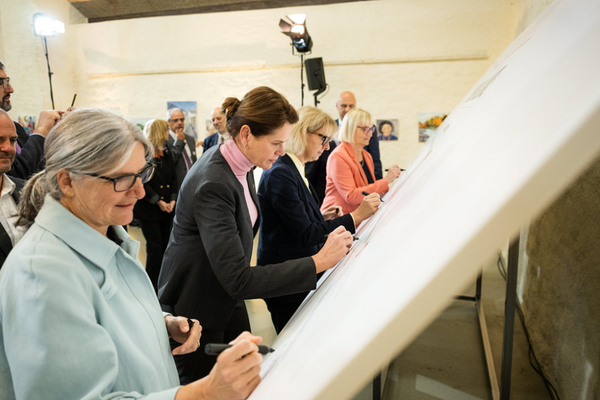
Alliance for climate-neutral Alpine transport
Seven of eight signatory states to the Alpine Convention today signed a progressive action plan for climate-neutral mobility by 2050 in Brig/CH. CIPRA International contributed to the almost two-year development of the action plan with proposals for the “Simplon Alliance”.
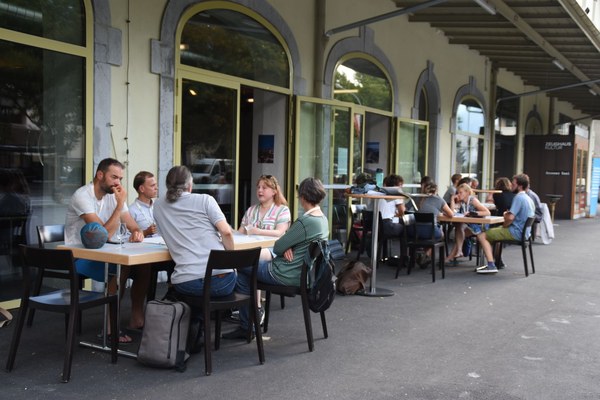
Making change possible
Inspirational inputs, heated discussions, fruitful exchanges and excursions into the impressive Valais region in and around the Alpine town of Brig-Glis/CH: AlpWeek 2022, held in early September in Brig-Glis/CH, was all about “Change in the Alps”.
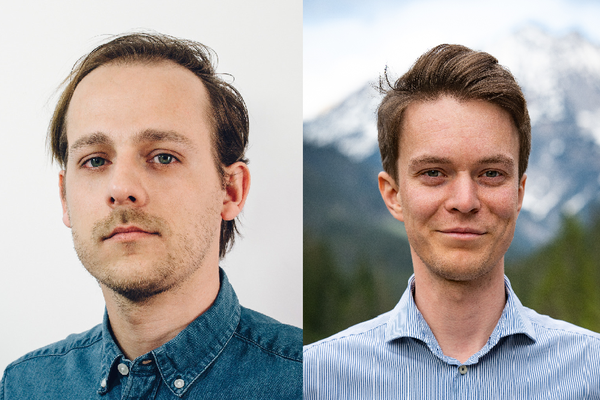
Point of view: Let’s create an “Alpine Plan” for all Alpine regions!
The Bavarian Alpine Plan celebrates its 50th anniversary in 2022. Alpine spatial planning has proven here that it is predestined to find solutions to the pressing issues of the day. Similar planning instruments are lacking in many Alpine regions, although we need them more urgently than ever, claim Paul Kuncio, Executive Director of CIPRA Austria, and Uwe Roth, Executive Director of CIPRA Germany.
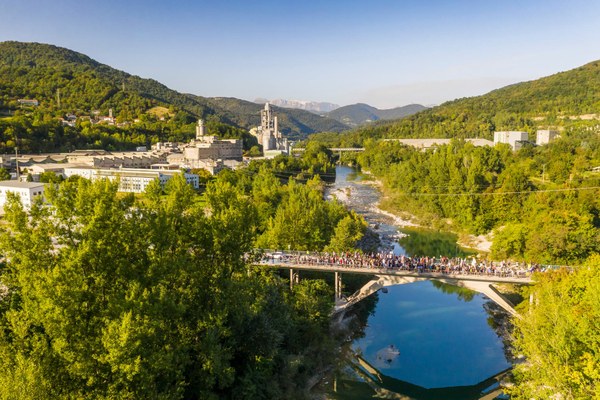
Bad atmosphere in the Soča Valley
Slovenia’s largest cement plant is located in the Soča Valley: it is facing criticism for endangering the health of the local population through air pollution. This criticism has now also been confirmed by the UN Special Rapporteur David Boyd after his visit to Slovenia in autumn 2022.
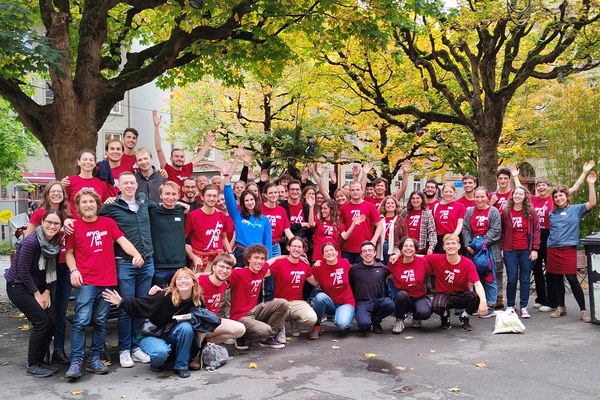
Flexible and eco-friendly through the Alps
The right decision for their wallet and for the environment: 150 young participants in CIPRA’s Youth Alpine Interrail project celebrated the end of their climate-friendly journey of discovery through the Alps by train and bus in Bern at the beginning of October 2022.
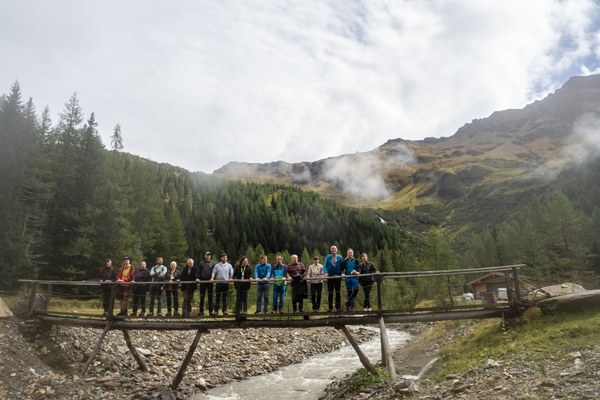
Ideas for Jelovica from Pinzgau
Preserving the region’s natural and cultural heritage: this is the aim of the project on the Slovenian karst plateau of Jelovica. In mid-September 2022, the Slovenian partners of the “JeloviZA” project travelled to the Austrian Pinzgau region to gain inspiration from the Hohe Tauern National Park region.
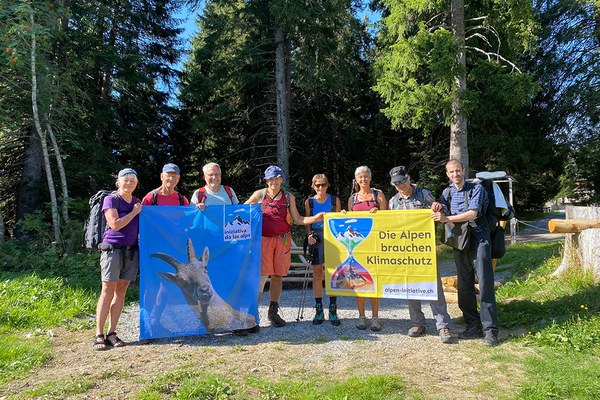
A signal for climate protection
From Triglav National Park in Slovenia to Radnig in Austria and Gondo in Switzerland, on 13 August 2022 people came together to set an example for climate protection. This year’s «Fire in the Alps» was held under the motto «The Alps need climate protection».
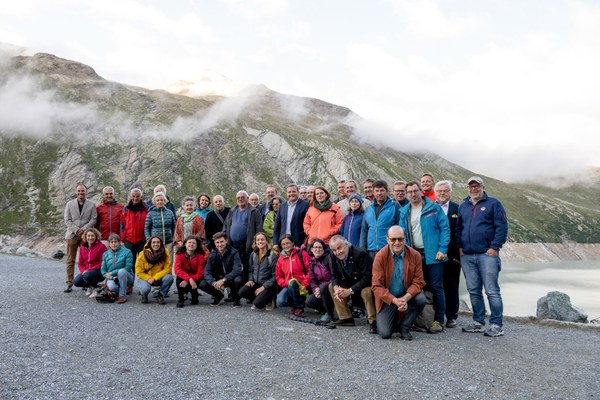
Co-housing instead of vacancies
What ideas are there for living together in the Alps? From co-housing to neighbourhood management in communities, a symposium in Saas-Fee/CH has helped shed light on these and other developments.
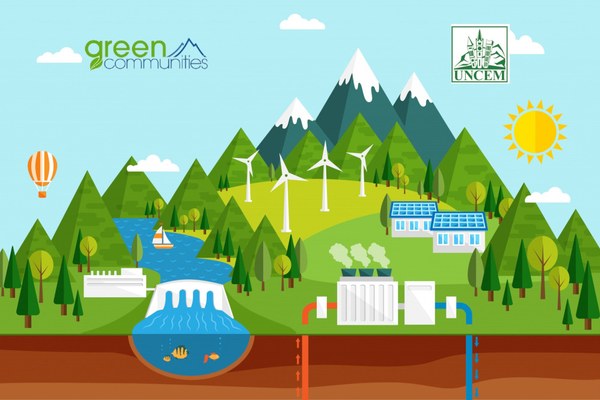
The “Green Communities” in the Italian Alps
Sustainable management of the built heritage, energy efficiency, environmentally friendly mobility: how can mountain areas be upgraded and the overuse of natural resources curbed? The first “Green Communities” in Italy want to show that this is also possible in a socially acceptable way.
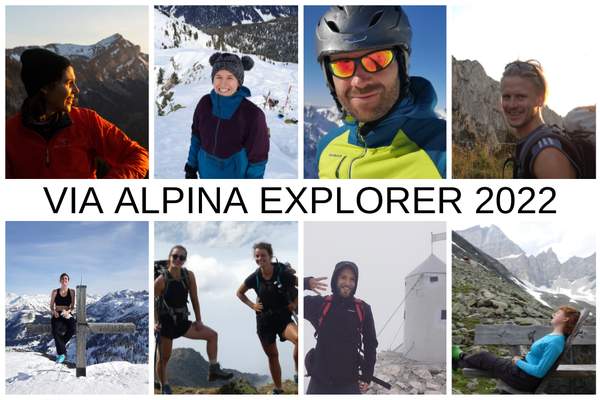
Via Alpina Explorer on the trail
Get your boots on, get set, go! Until the end of September 2022, nine “explorers” will be hiking along the redesigned Via Alpina route. They tell stories about alpine biodiversity, the magic of long-distance hiking, regional specialities and encounters along the way – in a series of short videos, reports, film and art projects.
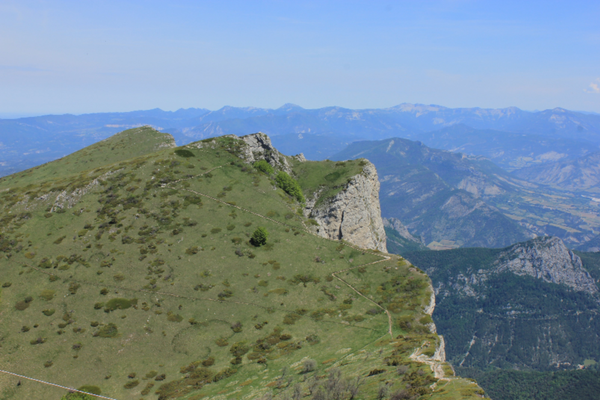
Natura 2000 site under pressure
Too many visitors are putting a strain on nature in the Trois Becs/F area and pushing the infrastructure to its limits. A study by CIPRA France proposes measures, including on-site personal sensitisation and greater communication.
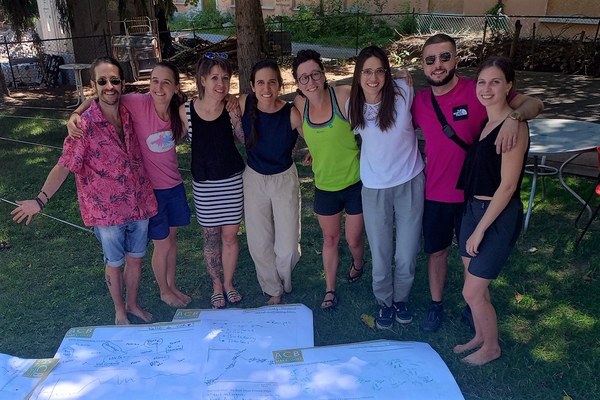
Shoes from a 3D printer
Creative, young, motivated: around 30 young people from all the Alpine countries have spent a year implementing their ideas for a good life in the Alps. At the beginning of July they concluded their year-long journey as “Alpine Changemakers” and presented their projects.
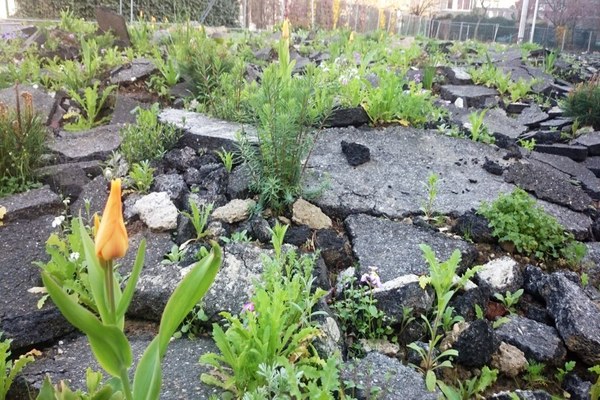
Heatwave aggravated by soil sealing
All of Europe is currently groaning under the heat – and the growing numbers of concreted-over areas are heating up the environment even more. In a background report, CIPRA's Saving:Soils project shows good examples and solutions for the sustainable use of soil and summarises current strategies in the Alpine countries.
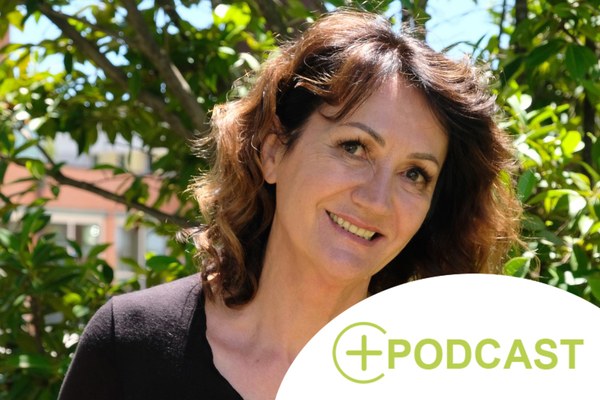
Point of view: the excessive character of the Olympics
High construction costs, unused sports facilities, environmentally damaging large-scale projects: loud criticism continues to surround the staging of the 2026 Winter Olympics in Milan and Cortina/I. We must ask whether such sporting events still have a place in the Alps, says Vanda Bonardo, President of CIPRA Italy.
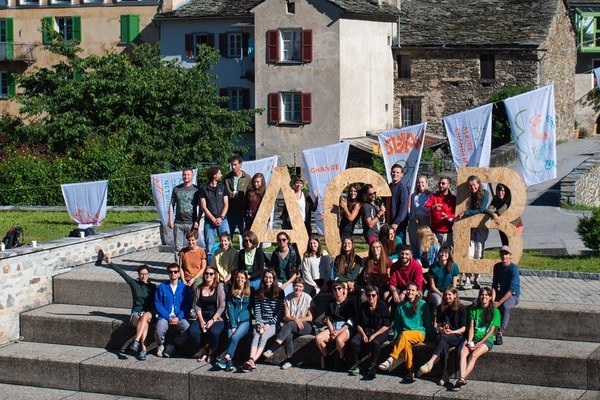
#alpinechangemaker wanted
Projects for a good life in the Alps: highly motivated people from the Alpine region can apply until 15 May with ideas for the “Alpine Changemaker Basecamp” (ACB). They can look forward to a transdisciplinary project week, exchanges with like-minded people and a one-year mentoring programme.
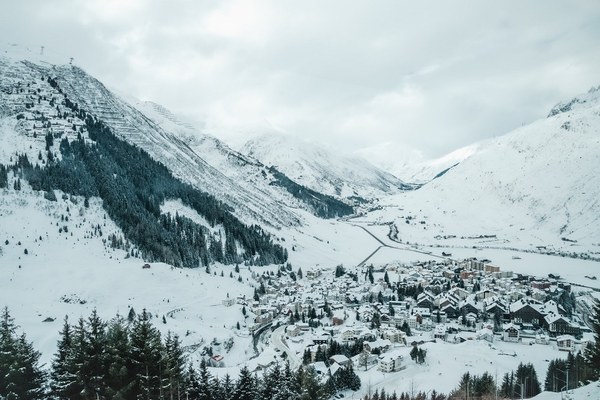
Ski resorts for sale
Vail Resorts from the USA is taking over Andermatt-Sedrun in Switzerland, while a British company is buying Via Lattea in Italy. This is the role played by international investors in the ski circus of the Alps.
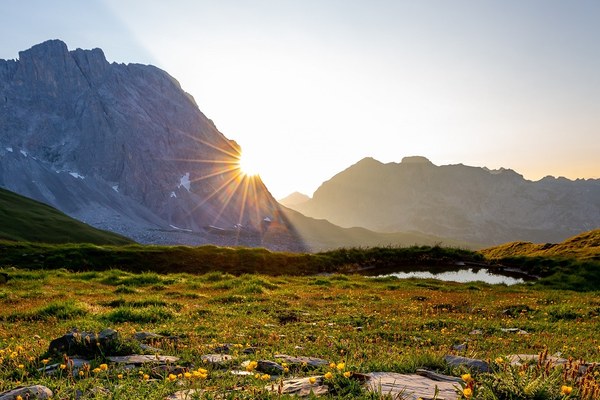
The Alpine tourism of the future
The results of CIPRA's Reset Alpine Tourism project show how the tourism industry can function in a more resilient and environmentally friendly way.
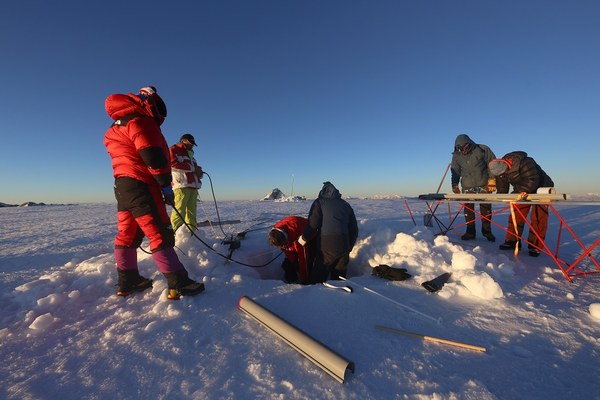
IPCC report: climate crisis in the Alps
According to the Intergovernmental Panel on Climate Change (IPCC), the effects of the climate crisis are greater than we thought: glaciers are melting in the Alps and there are more rockfalls and droughts. What else awaits the Alps? And how can we deal with it?
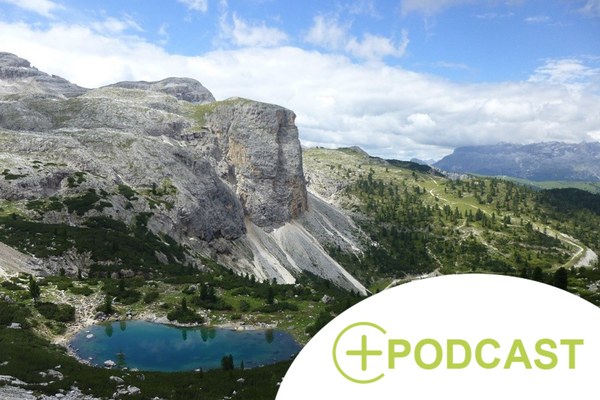
Alpine soils: allies in climate protection
The soils of the Alps make a decisive contribution to climate protection. But intensive land use and rising temperatures are endangering them: not only are they losing their valuable function as carbon reservoirs, but they may even become a source of greenhouse gases themselves.
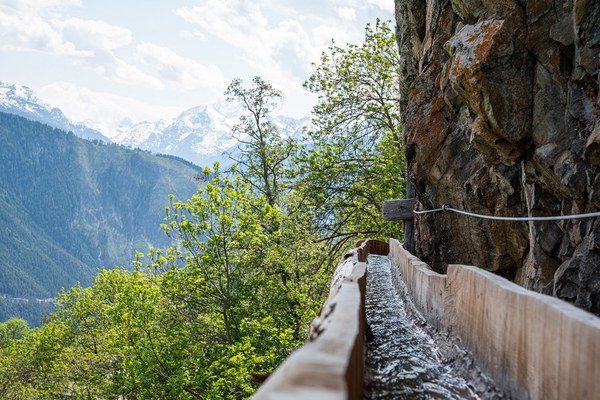
Waale, Suonen, Wasserleiten
Vital for the cultural landscape and biodiversity, and the epitome of community resource management: an application to UNESCO aims to turn traditional irrigation practices into an intangible cultural heritage asset.